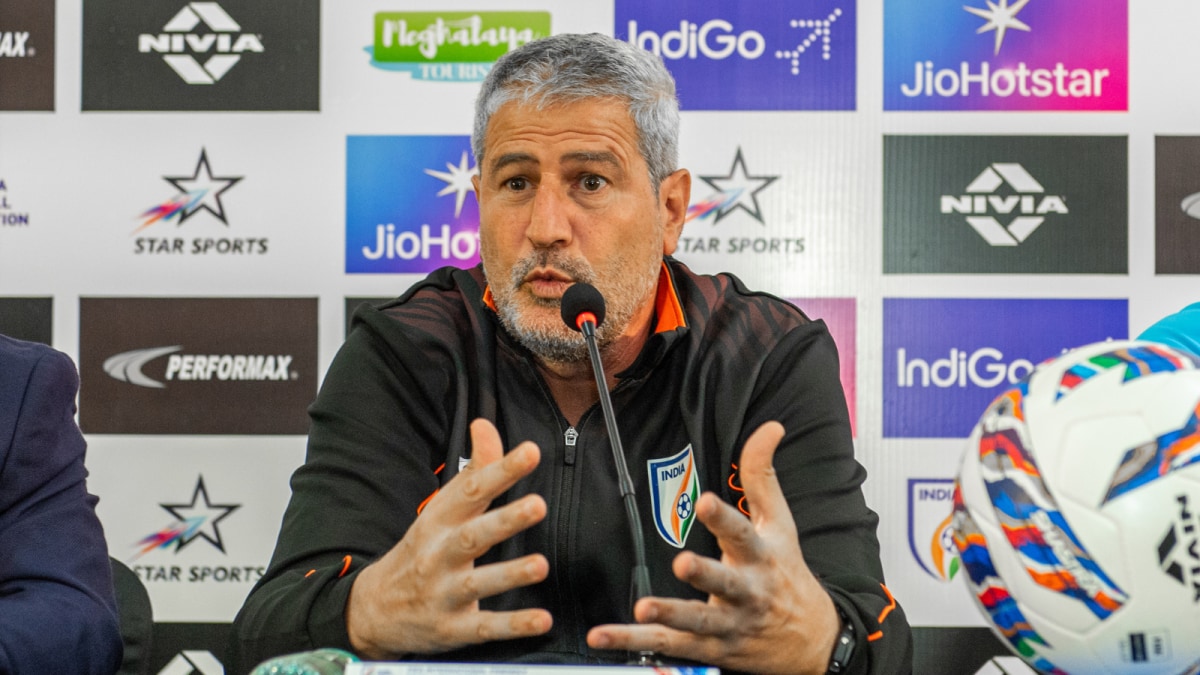ARTICLE AD BOX

For millions of aspirants, cracking a competitive exam—be it UPSC, NEET, JEE, CAT, or SSC—is the holy grail of academic success. Libraries become second homes, mock tests become routine, and hours are clocked into exhaustive preparation schedules.
Yet, despite intense effort and commitment, many fall short. Why?Contrary to popular belief, it’s not always lack of intelligence or dedication that derails success. It’s the subtle, often-overlooked study strategy blunders—habits that masquerade as discipline but quietly sabotage progress. Here's a deep dive into seven such strategic missteps that may be the real culprits behind missed selections.
The ‘More is Better’ trap: Quantity over quality
In the frenzy to cover the vast syllabus, students often measure success by the number of chapters completed or hours spent studying.
But a sprawling 12-hour study session without focus is far less effective than 4 hours of targeted, active learning.The Fix: Apply the Pareto Principle—80% of results come from 20% of efforts. Identify high-weightage topics and focus on mastering them deeply before spreading yourself thin.Ignoring the power of spaced repetition
The Fix: Use spaced repetition through digital tools like Anki or traditional flashcards. Spaced intervals between revisions strengthen memory consolidation and long-term retention—crucial for exams with wide-ranging syllabi.
Passive learning syndrome: Reading without engagement
Reading NCERTs, coaching modules, or guidebooks passively may feel productive, but this “illusion of competence” can be deadly. Highlighting text or underlining lines is not learning—it’s information grazing.The Fix: Switch to active recall. After reading a topic, close the book and try explaining it aloud or writing it from memory. If you can’t teach it, you haven’t learned it.
Neglecting mock test analytics
Solving mock papers has become standard practice, but what follows often isn’t. Many students skip in-depth error analysis. They take the test, check the score, and move on.The Fix: Treat every mock like an autopsy. Track error patterns—is it conceptual weakness, silly mistakes, or time mismanagement? Create an “error logbook” and revisit it regularly.
Single source dependency
A large number of aspirants cling to one coaching module or book, assuming it’s the ‘one-size-fits-all’ bible. This tunnel vision can leave critical gaps in understanding or perspectives.The Fix: While over-referencing can be chaotic, triangulation is key. Compare at least two trusted sources for every concept, especially in dynamic subjects like polity, economics, or current affairs.
Copy-pasting toppers’ timetables
Blindly adopting a topper’s schedule or routine is one of the most common mistakes.
What worked for a 2023 JEE Topper in Kota may completely collapse for a working professional preparing for CAT in 2025.The Fix: Build a custom study system aligned with your learning curve, sleep cycle, and mental bandwidth. Templates are only as good as the context they fit into.
Skipping mental conditioning
Competitive exams are not just academic marathons—they’re psychological ones too. Students often underestimate the importance of emotional resilience, leading to burnout, anxiety, or performance paralysis.The Fix: Integrate mindfulness practices, journaling, and short digital detoxes. Don’t treat breaks as guilt-ridden gaps; treat them as oxygen masks before a long haul.
Rethinking the hustle
In the competitive exam ecosystem, the margin between success and failure is razor-thin. When lakhs are vying for limited seats, strategy becomes the true differentiator. By ditching outdated study practices and adopting smarter, evidence-backed techniques, aspirants can finally turn hours of toil into measurable success.Exams don’t just test knowledge. They test how you prepare to remember what you know. And in that lies the real battle.



.png)
.png)
.png)
















 4 hours ago
5
4 hours ago
5









 English (US) ·
English (US) ·